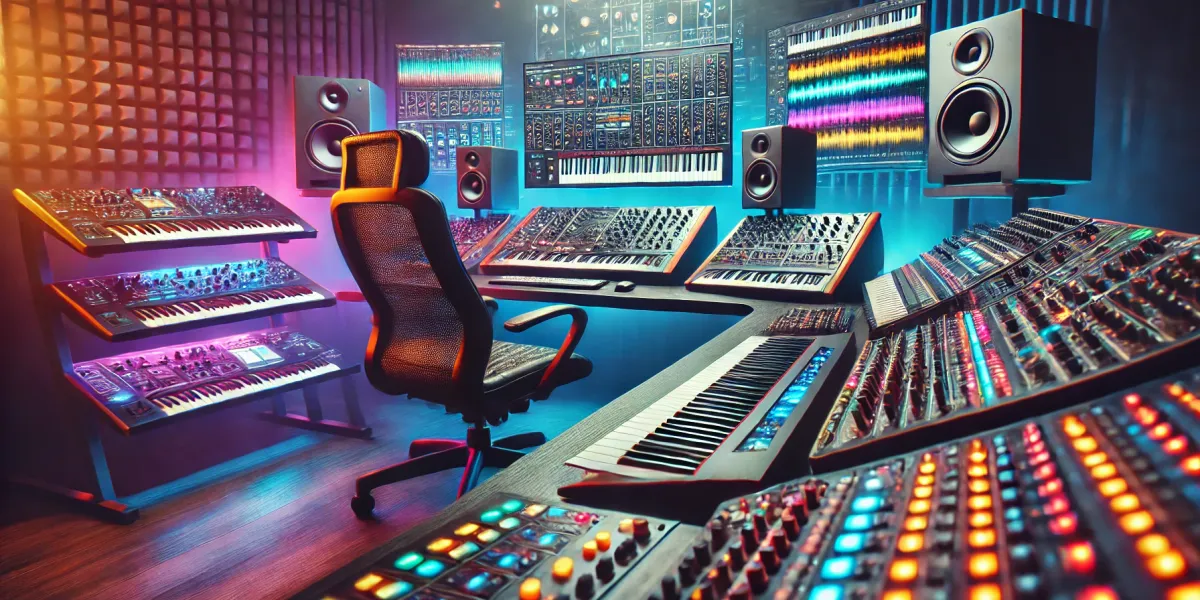
Digital Revolution: Technology Impact on Music
The digital revolution has fundamentally reshaped the music industry, influencing how music is created, distributed, and consumed. From production to streaming platforms, technology continues to evolve, empowering artists and listeners alike. Here’s an exploration of how technology has transformed the musical landscape.
1. Digital Production Tools
Advances in software have democratized music production:
- Digital Audio Workstations (DAWs): Tools like Ableton, Logic Pro, and FL Studio allow artists to compose, record, and produce professional-grade music from home.
- Virtual Instruments and Plugins: High-quality software instruments and effects have replaced expensive hardware, making professional-quality production accessible.
2. Accessibility and Distribution
Digital platforms have transformed how music reaches audiences:
- Streaming Services: Spotify, Apple Music, and YouTube Music provide artists global reach instantly.
- Digital Distribution Services: Platforms like DistroKid, TuneCore, and CD Baby empower independent artists to distribute music widely without label support.
3. Changing Consumption Patterns
Technology influences listener habits significantly:
- Personalized Playlists: Algorithm-driven playlists introduce listeners to new artists based on individual preferences.
- On-Demand Listening: Access to virtually unlimited music libraries anytime and anywhere has reshaped consumption patterns from ownership to access.
4. Collaboration and Networking
Online platforms have removed geographic limitations:
- Remote Collaboration Tools: Services like Splice and Soundtrap allow musicians worldwide to collaborate seamlessly.
- Social Media Networks: Platforms like Instagram, TikTok, and Twitter connect artists directly with fans and peers, fostering immediate feedback and community building.
5. Monetization and Revenue Streams
Digital technology opens new financial opportunities:
- Digital Royalties: Revenue from streaming services provides income opportunities previously unavailable.
- Crowdfunding and Fan Support: Platforms like Patreon and Kickstarter enable artists to fund projects directly through fan support.
6. Challenges and Opportunities
The digital shift brings both advantages and obstacles:
- Copyright and Piracy: Digital platforms necessitate vigilant copyright management.
- Market Saturation: Easy access to production and distribution can create a highly competitive marketplace, making visibility challenging.
The digital revolution in music is ongoing, continuously offering new opportunities and challenges. Embracing technology's potential allows artists to innovate creatively, expand their reach, and connect more deeply with audiences. As technology evolves, so too will the music landscape, promising exciting possibilities for the future.